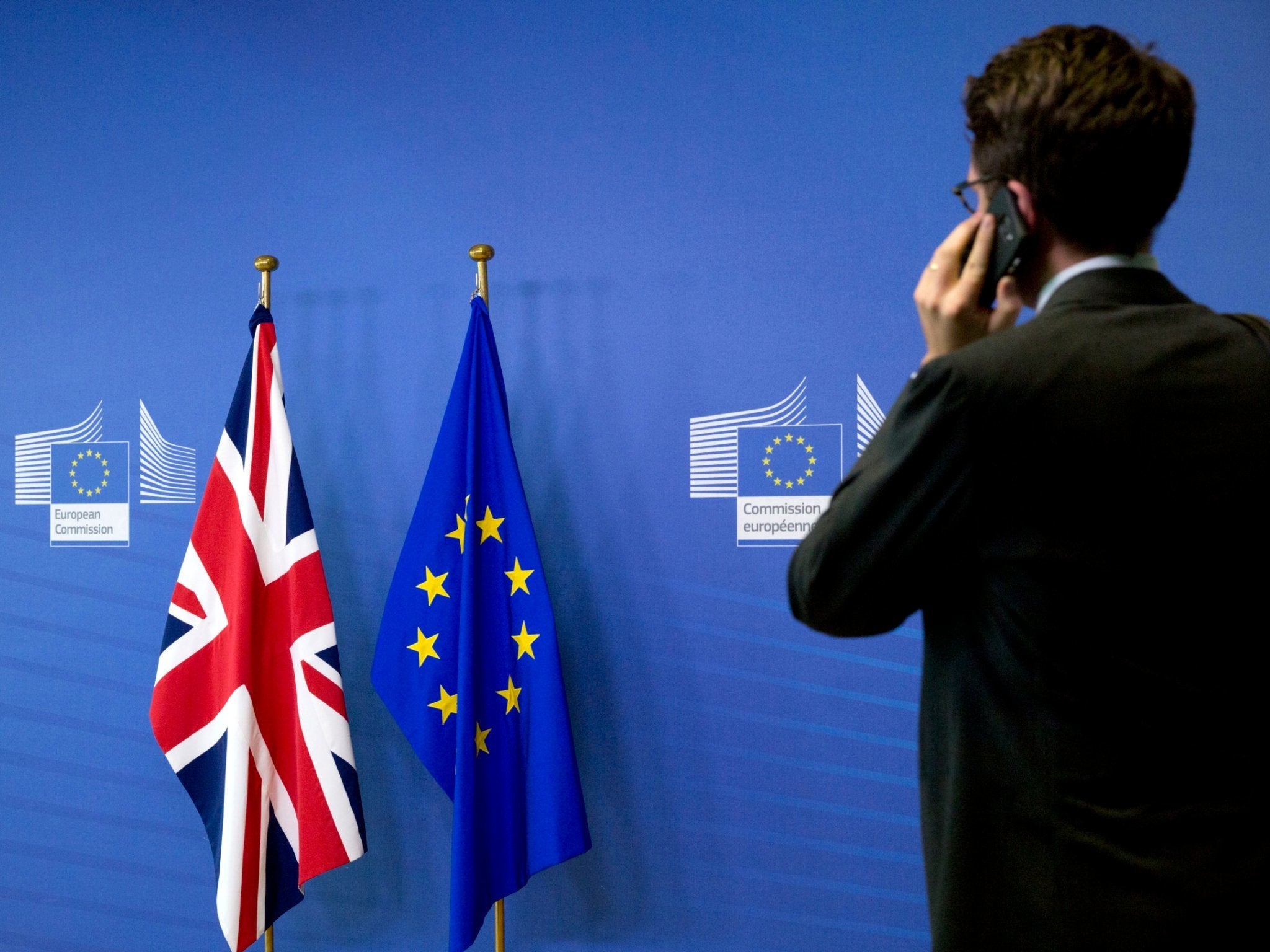EU roaming charges will 'probably' return after Brexit, MPs warn
'It is probable that mobile roaming charges – abolished on an intra-EU basis – will return,' the cross-party committee warned

Your support helps us to tell the story
From reproductive rights to climate change to Big Tech, The Independent is on the ground when the story is developing. Whether it's investigating the financials of Elon Musk's pro-Trump PAC or producing our latest documentary, 'The A Word', which shines a light on the American women fighting for reproductive rights, we know how important it is to parse out the facts from the messaging.
At such a critical moment in US history, we need reporters on the ground. Your donation allows us to keep sending journalists to speak to both sides of the story.
The Independent is trusted by Americans across the entire political spectrum. And unlike many other quality news outlets, we choose not to lock Americans out of our reporting and analysis with paywalls. We believe quality journalism should be available to everyone, paid for by those who can afford it.
Your support makes all the difference.The UK Government will not enforce the ban on mobile roaming charges for British citizens travelling in the EU after Brexit, a cross-party committee of MPs has warned.
The EU's ban on mobile roaming charges for voice, text messages and data has meant using a smartphone on the continent is the same cost as using it at home. But the House of Commons EU Scrutiny Committee said in a report that this is unlikely to remain in place for the UK following withdrawal.
It will mean that network operators will be the ones to decide whether to re-introduce roaming charges on UK customers, following their abolition last year across the whole EU.
UK consumers will also not benefit from proposed price caps for international calls between EU countries, due initially to be set at 16p a minute for calls and 5p for a text message.
The EU decided to introduce the cap after finding that telecoms companies were charging mark-ups for international calls that were "not justifiable", said the report.
"It is probable that mobile roaming charges – abolished on an intra-EU basis – will return, and that, even where they do not, increased wholesale roaming costs incurred by UK providers may be passed on to UK consumers indirectly," the cross-party committee warned.
"Post-exit, consumers should consider the roaming policies of their mobile operators extremely carefully before signing new contracts or using roaming services, as there will be potential for roaming charges much higher than those which preceded the EU's latest regulatory intervention to be applied."
The government has said that UK mobile operators were not believed to have any current plans to change their approach to roaming after Brexit.
But the committee warned that this "may not be sustainable" as EU providers will be free to increase the wholesale charges they apply to British-based networks.
"There may be an incentive for them to do so, as more UK consumers holiday in the EU27 than vice-versa, and UK consumers are more inclined to use large amounts of roaming data when abroad than their European counterparts," said the report.
"If this comes to pass, higher operating costs will either have to be absorbed by mobile operators or passed on to consumers in one form or another - for example, higher wholesale roaming charges could be passed on to consumers through higher overall prices, rather than through the reintroduction of roaming charges."
Additional reporting from agencies.
Join our commenting forum
Join thought-provoking conversations, follow other Independent readers and see their replies
Comments